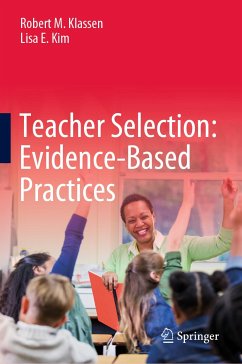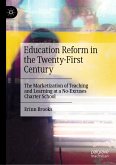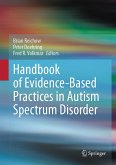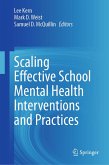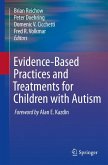This book combines theory and research from educational and organizational psychology to provide guidance on improving the teacher selection process and, subsequently, educational outcomes for all students. The book identifies the characteristics of effective teachers, analyzes research on selection practices, and examines new approaches to teacher selection, recruitment, and development. The central premise of the book is that improving the effectiveness of teachers - and, thus, students' educational outcomes - can be achieved by making the recruitment and selection process more effective and more efficient. Accordingly, the book describes how to identify and select individuals for the teaching profession who display both strong cognitive attributes (e.g., subject knowledge) and essential non-cognitive attributes such as resilience, commitment to the profession, and motivation for teaching.
Key topics
- Teacher selection practices from the viewpoint of organizational and educational psychology
- Teacher effectiveness and the role of individual attributes
- Situational judgment tests (SJTs) and multiple mini-interviews (MMIs) for teacher selection
- Implementation of teacher selection programs
- Teacher recruitment and development
Given its scope, the book represents an essential reference guide for scholars, educational leaders and policymakers, and graduate students in educational leadership programs, as well as professionals in child and school psychology, educational psychology, teaching and teacher education.
Dieser Download kann aus rechtlichen Gründen nur mit Rechnungsadresse in A, B, BG, CY, CZ, D, DK, EW, E, FIN, F, GR, HR, H, IRL, I, LT, L, LR, M, NL, PL, P, R, S, SLO, SK ausgeliefert werden.
Hinweis: Dieser Artikel kann nur an eine deutsche Lieferadresse ausgeliefert werden.

